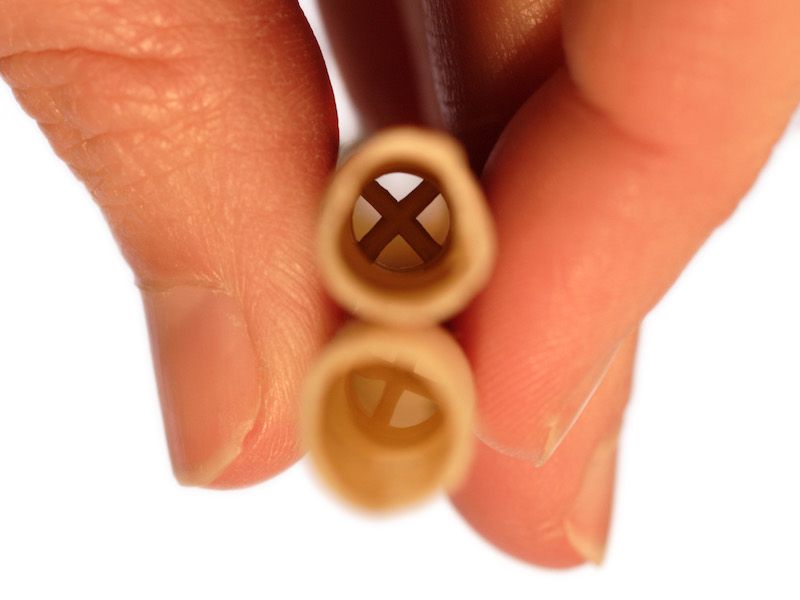
There’s a persistent idea in some groups that a practice known as “ear candling” is a good way to decrease your earwax. Is ear candling effective and what is it?
Is Ear Candling Effective?
Spoiler alert: No. No, they don’t.
Why then, does this bit of pseudo-science keep burrowing its way into the heads of otherwise rational human beings? It’s difficult to say with much accuracy. But the more you discover about earwax candling, particularly the risks involved, the more likely you can develop an informed decision (even if the sensible decision is pretty clear).
What is Earwax Candling?
So the basic setup goes like this: Maybe you have an excessive amount of earwax and you’re not really sure how to eradicate it. You’ve read that it’s risky to use cotton swabs to clear your earwax out. So, after doing some study, you find a technique known as earwax candling.
Here’s how earwax candling theoretically works: You develop a pressure differential by putting the candle in your ear, wick side out. The wax inside of your ear, then, is pulled outward, towards the freedom of the open world. Any wax that might be clogged up in your ear can, in theory, be pulled out by this amount of pressure. But cleaning your ears this way can be dangerous.
Why Isn’t Ear Candling Effective
There are several problems with this process, including the fact that the physics simply don’t work. There’s simply no way for a candle to produce that type of pressure differential (and in order to move earwax around, that pressure difference would have to be quite substantial indeed). Second, generating that kind of pressure difference would require some type of seal, which doesn’t occur during candling.
Now, there are supposedly special candles used in this “treatment”. When you’re finished with your fifteen minutes of ear candling, you can break up the candle and, in the hollow, see all bacteria, debris, and wax that was in your ear. But the problem is you can find this same material in new unburned candles also. So the entire process amounts to fraud.
Earwax candling hasn’t been proven scientifically to have any benefit whatsoever.
So Earwax Candling Doesn’t Work, But How Safe is it?
What’s the harm in trying, right? Well, you’re asking for trouble whenever you get a hot candle around your ears. Look, it’s quite possible that you might try ear candling and walk away completely unscathed. Lots of people do. But there are definitely hazards involved and it’s definitely not safe.
The negative effects of ear candling can include:
- Severe burns to your inner ear. Serious hearing problems and burns can be the result of getting hot wax inside of your ear. This could permanently damage your hearing in the most serious cases.
- Candle wax can also block your ear canal after it cools down. You could end up temporarily losing your hearing or even requiring surgery in severe cases.
- Whenever you’re messing around with an open flame, there’s a chance that you might trigger significant damage and put your life in danger. Seriously, you could burn your house down. It’s not worth the danger to attempt this ineffective technique of wax elimination.
You Can Keep Your Ears Clean Without Needing a Candle
Most people will never truly have to worry about cleaning earwax from their ears. That’s because the human ear is basically a self cleaning system. But you might be one of those people who have an unusually heavy earwax production.
If it turns out that you have excessive earwax there are techniques that have been proven to work safely. You could try a fluid wash, for example. Or you might see a specialist who will be capable of using specialized tools to clean the extra wax or wax blockages out.
You should continue to stay away from cotton swabs. And open flames are not ok either. Earwax candling is a technique that has no benefit and will put your ears, and your whole person, at substantial risk of injury and damage. So perhaps it’s time to put those special candles away.
